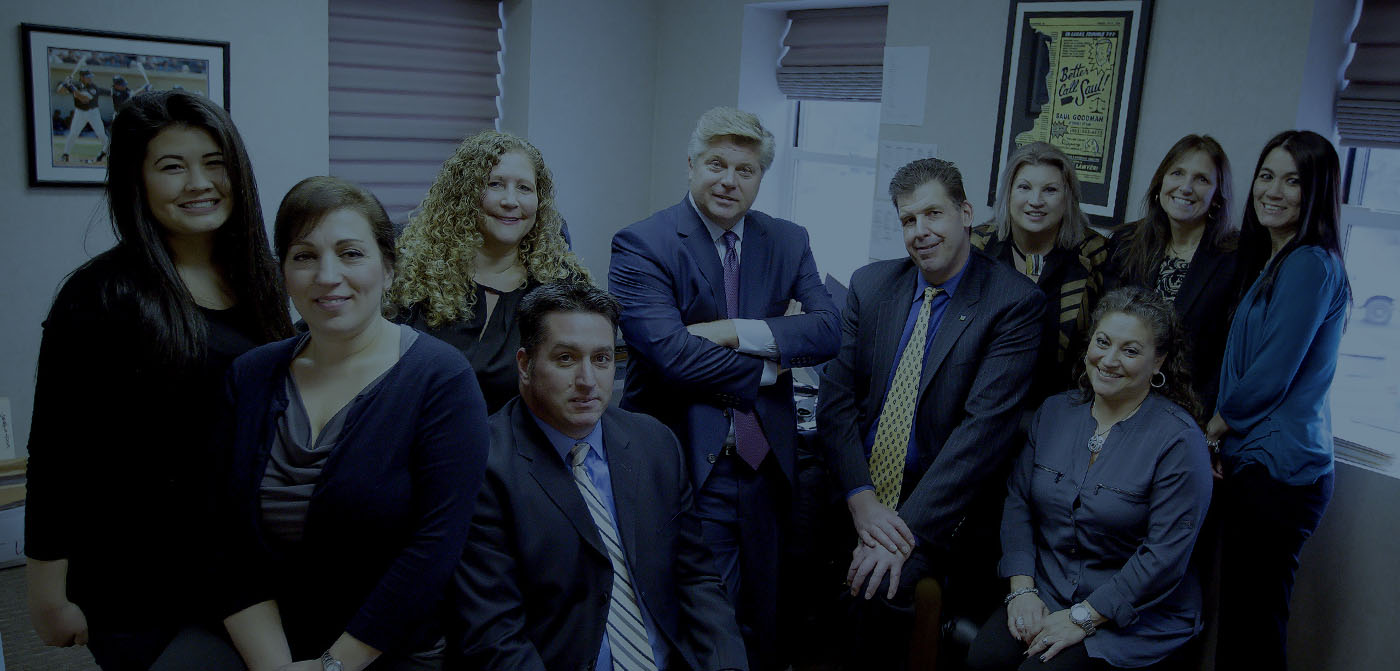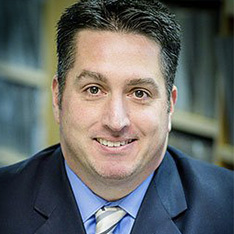It can seem hysterical to worry about every little ache and pain you suffer, especially after you have been through a major accident. And yet, many symptoms of injuries from an accident may not become apparent until days, weeks, or even months afterwards. Indeed, when it comes to traumatic brain injuries (TBIs), even relatively mundane problems can be signs of a much more serious medical issue. Here are seven signs you may have suffered a TBI due to an accident:
- Headaches
- Nearly everyone gets headaches from time to time, whether as a result of stress, sinuses, dehydration, or other sources. Typically, these headaches will pass with time, rest, and some over-the-counter medication. However, after experiencing a major accident, some people will experience headaches that refuse to go away, or which may even increase in intensity over time. These sorts of headaches may be a sign of neurological damage from a TBI.
- Nausea or vomiting
- People can get nauseous for many different reasons, whether from a gastrointestinal infection, motion sickness, an ear infection, or a dozen other mundane ailments. Some disorientation and sickness can even be expected in the wake of a serious accident. When this sort of nausea does not pass, or does not have a more mundane explanation, it could be a sign of a TBI.
- Memory loss
- Almost everyone knows that getting hit hard in the head can result in amnesia, the temporary or permanent loss of memories. In fact, some people can lose their memory in response to stress, even without brain damage. However, a TBI can cause substantial memory loss, or can even prevent someone from making new memories.
- Mood swings
- Getting into an accident is always emotional, even if you are not seemingly hurt by the experience. As a result, a certain amount of emotional instability can be expected after a major accident. However, when someone experiences wild mood swings, not merely right after the accident but weeks or months later, it could be a symptom of a TBI.
- Sleep disruption
- Someone who has been in a major accident almost certainly needs their rest, but that can become an issue if they find their sleep cycle not working like it is supposed to. In some cases, someone may sleep far longer than they mean to, unable to awaken even when prodded. In other cases, an accident victim may find themselves afflicted by extreme insomnia, unable to sleep no matter how tired they get. In either case, it could be a symptom of a TBI.
- Depression
- Depression after a serious accident is perfectly normal, especially if you have suffered major injuries as a result of the accident or find yourself dealing with substantial bills from the accident. However, the stress of an accident is one thing, but it is another thing entirely when that depressed mood lasts for months or years afterwards. A sudden onset of long-lasting depression could be a sign of a TBI.
- Blurry vision
- Millions of Americans suffer from some form of vision impairment, and wear glasses to compensate. Even people with previously healthy vision may require glasses as they get older. However, a decrease in the ability to see may not only be a sign of aging, but also potentially the sign of a TBI when it occurs after an accident. Only a neurologist can tell you for certain if there may be a TBI-related reason for your vision problems, however.
If you or a loved one have been injured in an accident, you should seek out the auto accident lawyers at Zlotolow & Associates.Our seasoned New York personal injury attorneys bring more than two decades of trial experience to your case. We serve all five boroughs of New York City, as well as Nassau and Suffolk County. Our aggressive personal injury attorneys always demand maximum compensation. We have helped thousands of clients recover through settlements and courtroom verdicts. To schedule a consultation, you can call us at 866-800-0092, or you can visit our contact page.











